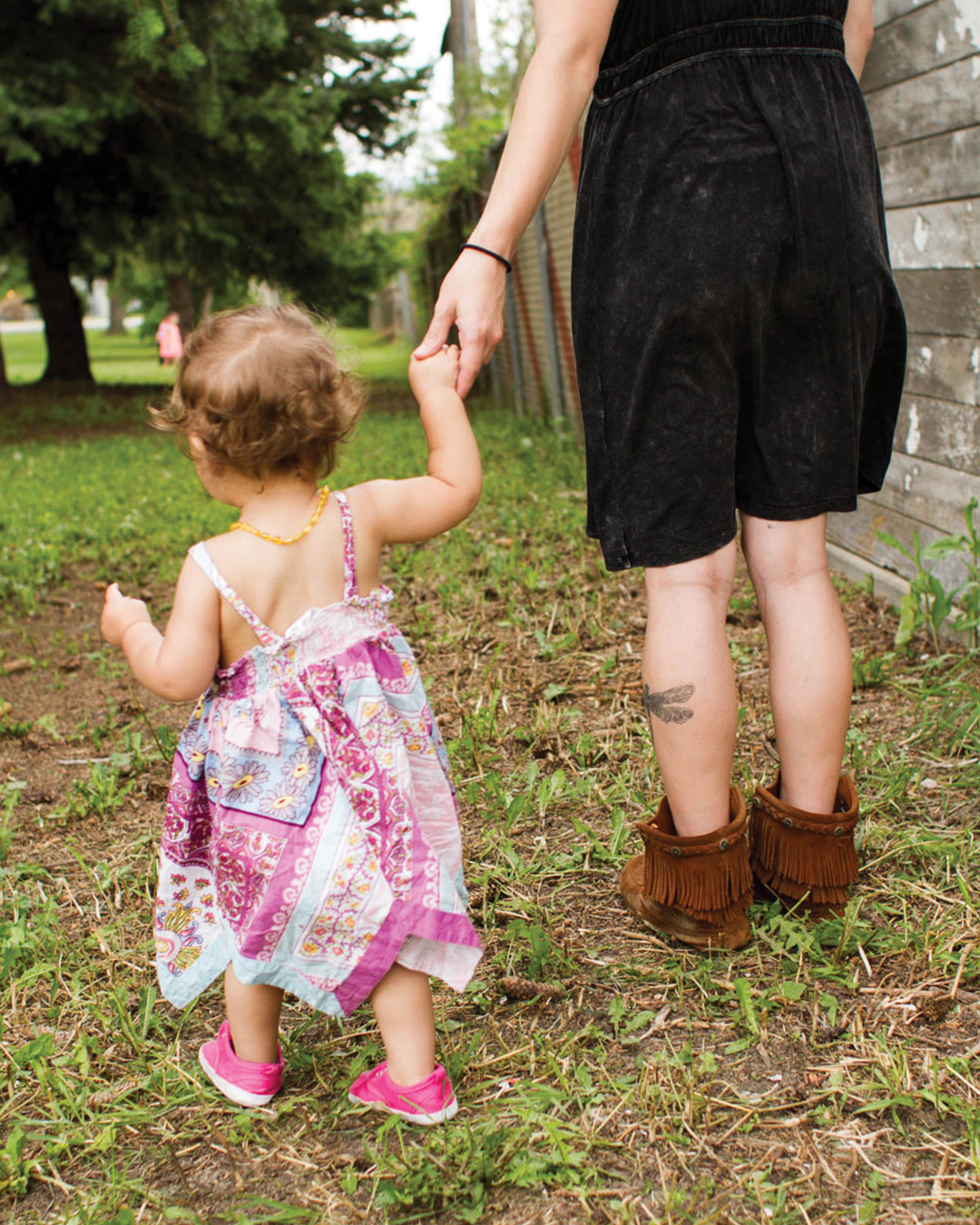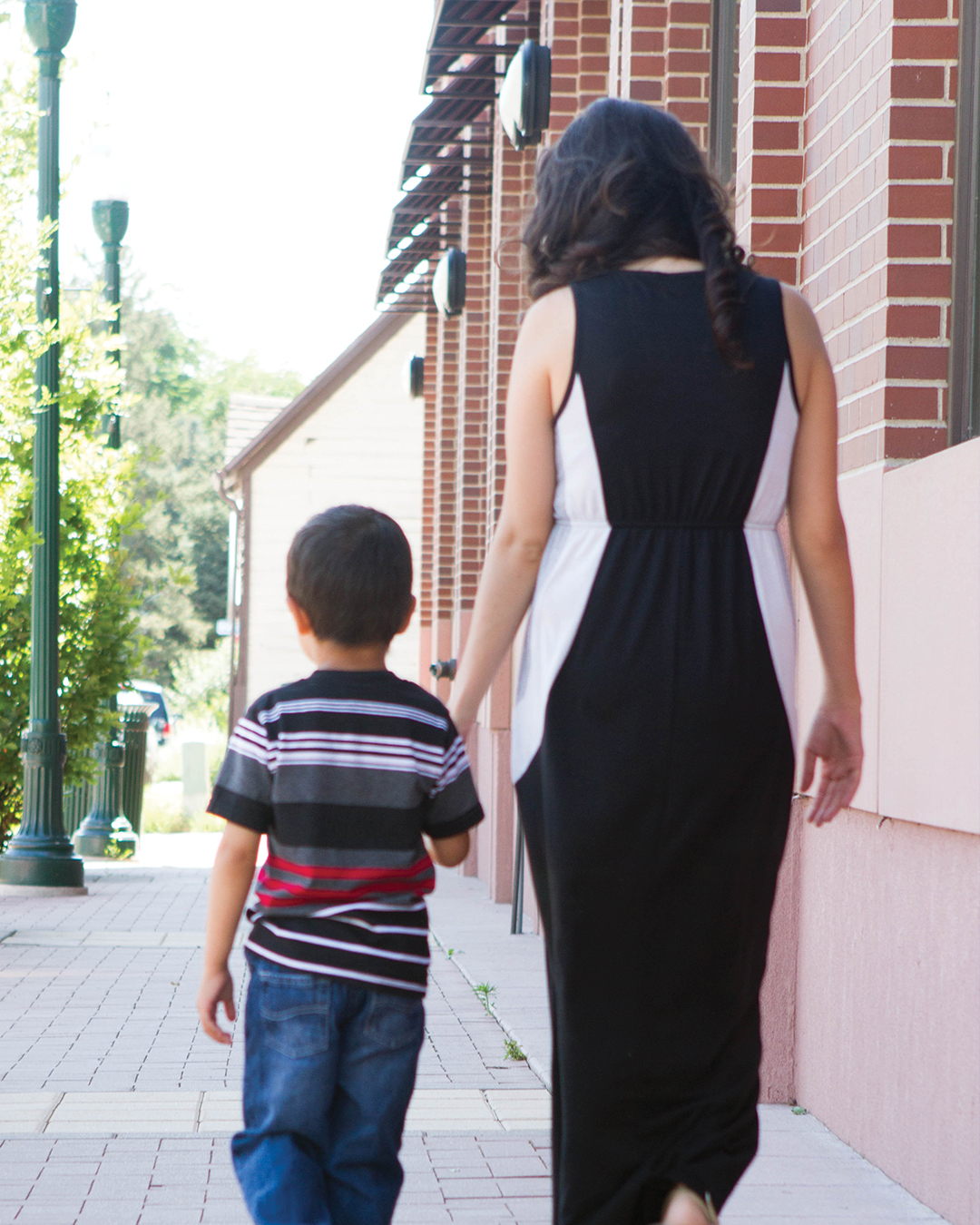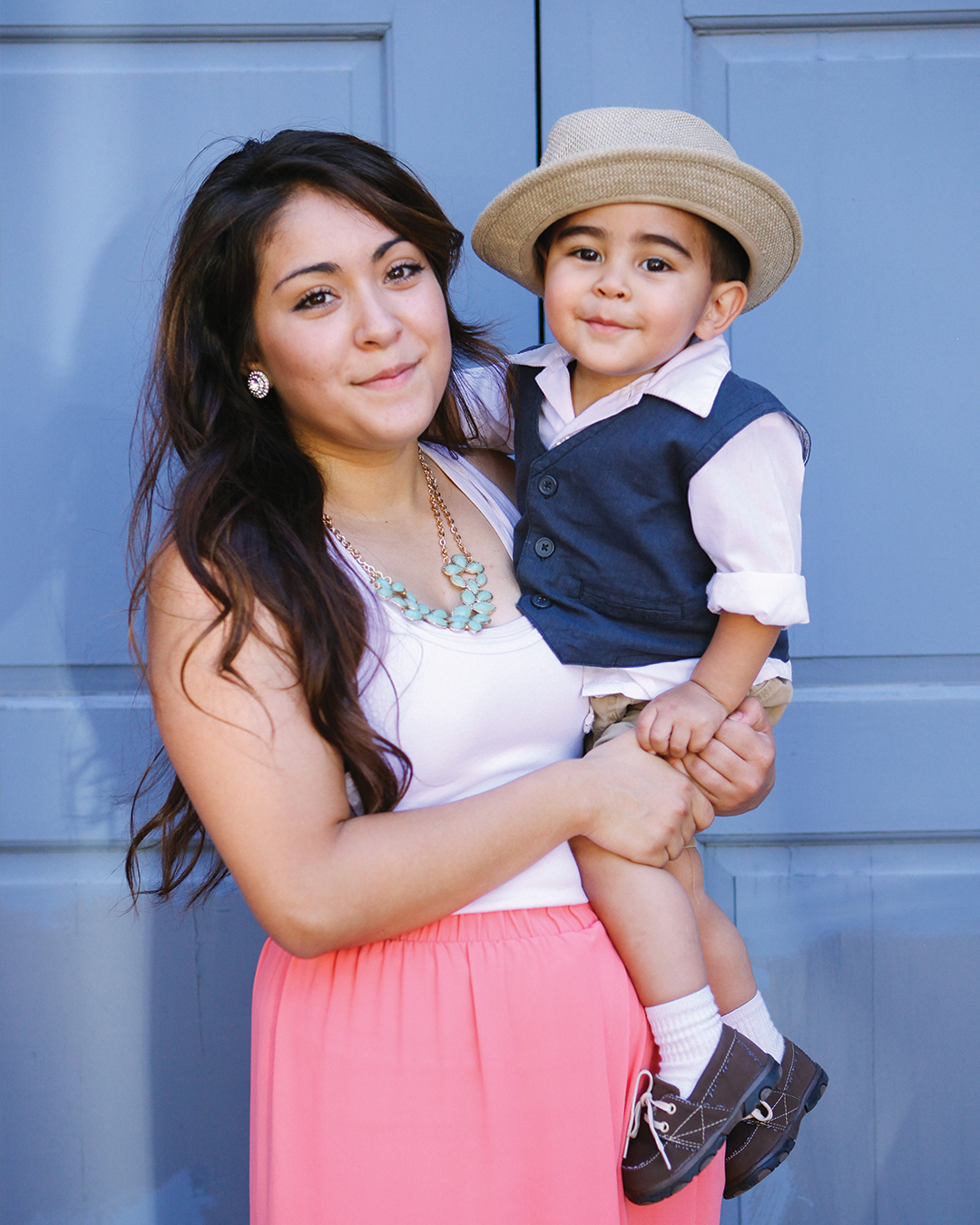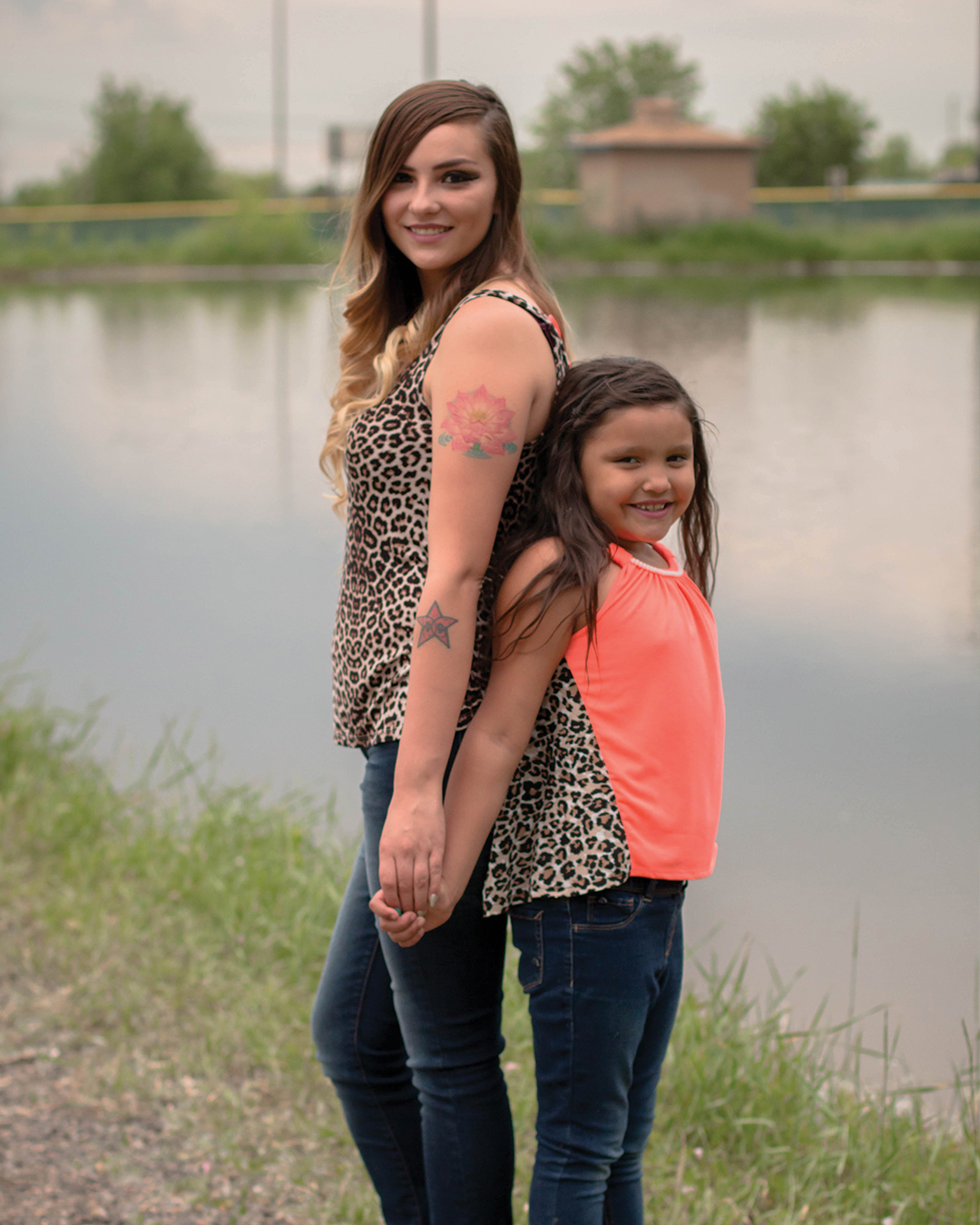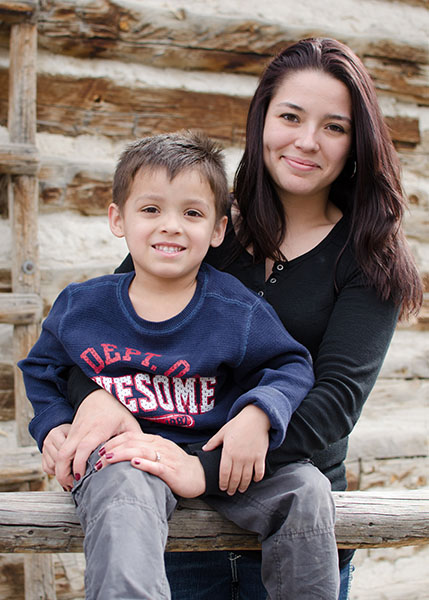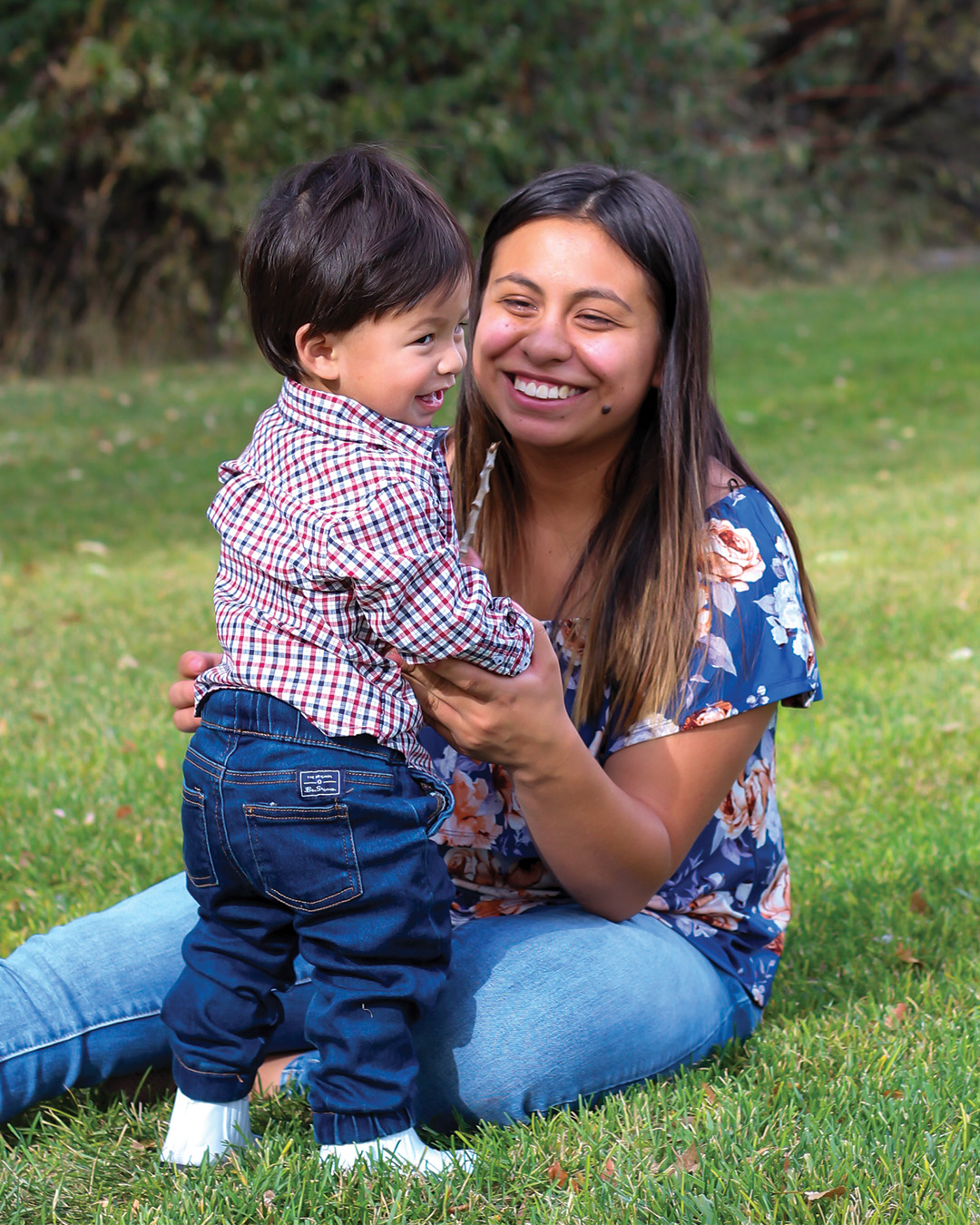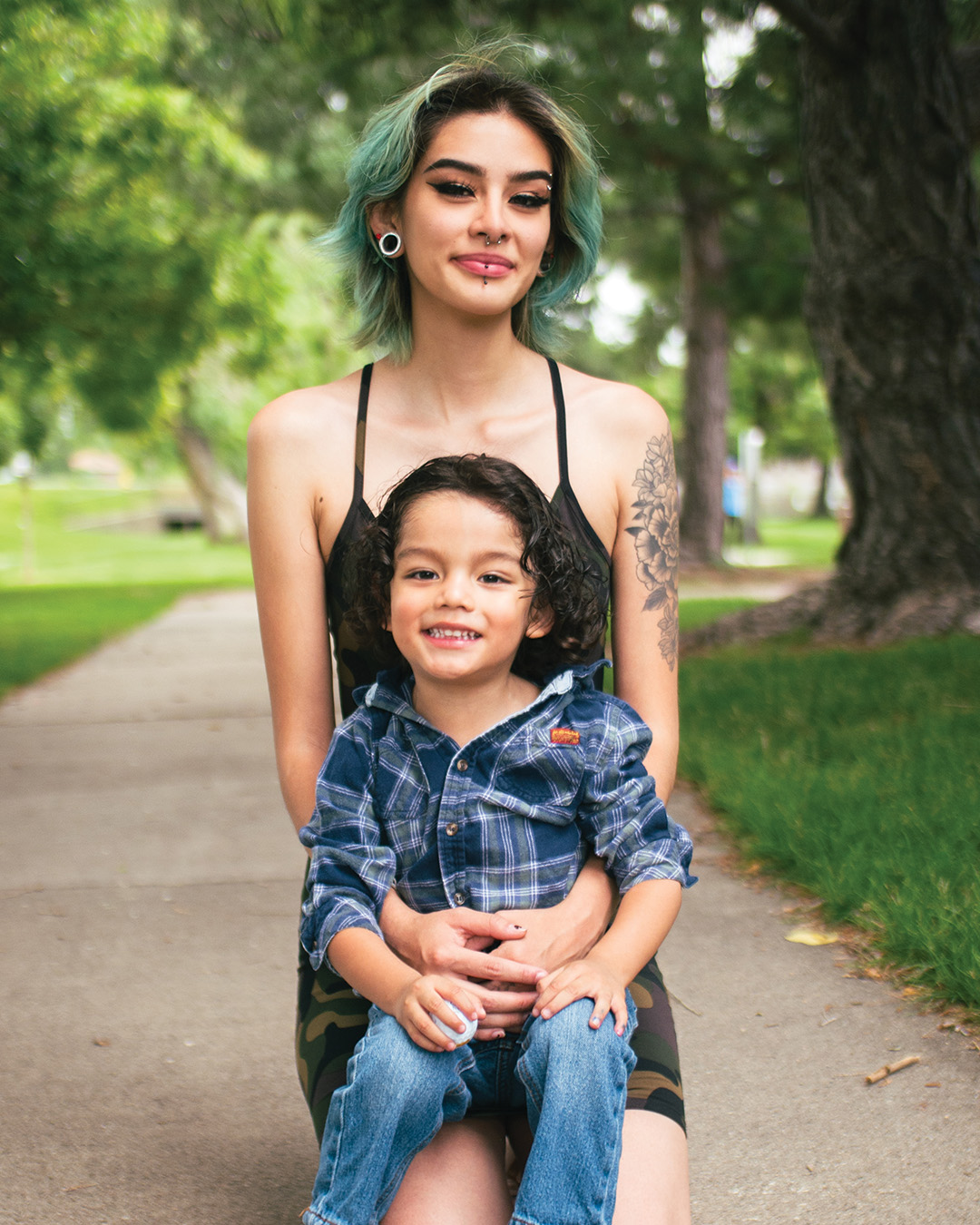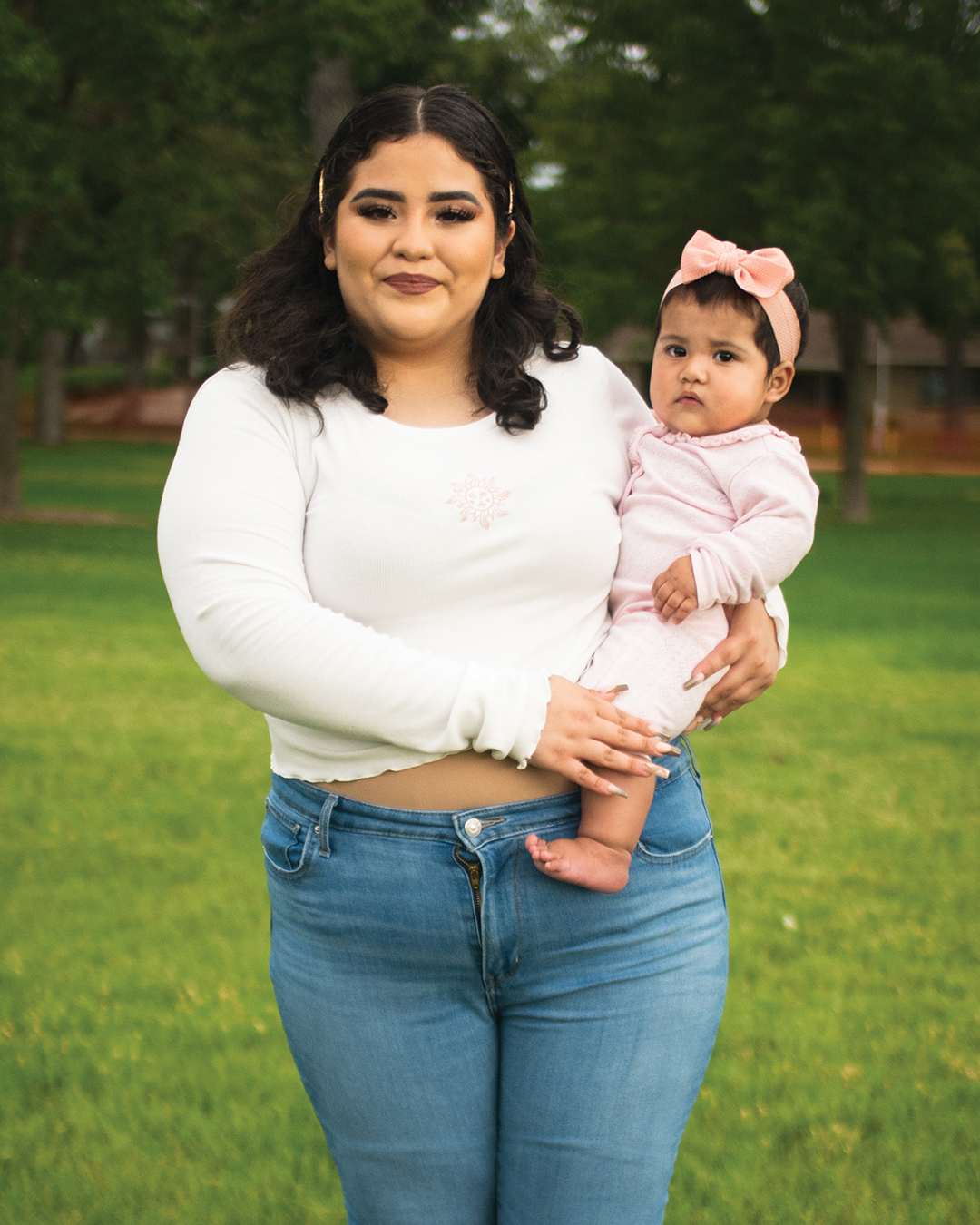Understanding Addiction
Rachel Ash, Hope House of Colorado Program Staff
Is addiction a choice, character flaw, weakness or brain disease?
I open every Understanding Addictions Workshop at Hope House with this question. Most of our teen moms begin this workshop believing that addiction is a choice or a character flaw… by the end, they have developed an appreciation for the complexities of addiction, including an understanding that addiction is a disease of the physical brain.
The first step to understanding addiction is to normalize the behavior. Humans are wired to be addicted. Healthy behaviors, such as sleeping, drinking water, eating nutritious food and caring for your children are actually natural addictions that aid in our survival. We come to desire these healthy addictions because they ultimately bring us joy or, at the very least, satisfaction. Conversely, unhealthy addictions hijack the brain’s survival hierarchy. Unhealthy addictions are essentially desires run amuck.
Here is an example I share with our teen moms from my own personal experience… I am addicted to my phone. I get distracted thinking about whether or not I have a missed call. I compulsively check my phone for text messages. I am obsessed with making sure my phone is charged and working. For me, my phone represents being connected to other people; however, I will constantly check my phone when I am with people.
This is how addiction works: I want to connect to people in real life, but when I am with people, in real life, I am checking my phone to connect with people – which doesn’t make sense. My desire to connect with people is a good and healthy desire. My need to constantly check my phone represents my healthy desire run amuck.
Gerald May, author of Addiction and Grace: Love and Spirituality in the Healing of Addictions, explains it like this: “Addiction exists whenever persons are internally compelled to give energy to things that are not their true desires.” Therefore, to understand addiction, we must appreciate the purpose addiction serves in terms of survival and recognize the various desires attached to the addiction.
No one wakes up one day and says, “I wish I were addicted.” Often times addictions emerge from good desires such as the desire to relax after a stressful day or the desire to not feel pain after experiencing trauma. Alcohol, drugs, porn, shopping, and many other substances and behaviors provide temporary relief and momentarily satisfy a desire. The key words here are “temporary” and “momentarily.” From the outside, it appears that the desire is the addiction, when in fact the desire goes deeper than the behavior.
The goal in our Understanding Addictions Workshop is to help our teen moms understand how complicated addictions are and how addictions re-wire the brain and become a brain disease. After exploring what addiction is and how it works, we talk about what it takes to overcome addiction and how to support a loved one struggling with addiction.
Our girls learn about 12-Step Programs like Alcoholics Anonymous and Celebrate Recovery. We also discuss how recovery is different from sobriety and examine The Tools of Recovery from Addiction from AddictionsandRecovery.org.
Lastly we talk about what it is like to love someone with an addiction, whether that person is a parent, family member, close friend or significant other. The New Bridge Foundation provides good literature around supporting a loved one with an addiction, which we have adapted to fit our workshop.
I am happy to report our Understanding Addictions Workshop makes a difference. Take Michelle*, who attended because her dad was an addict. For years she had witnessed him trying to quit without success. Michelle would nag and guilt him into being sober — only to see him relapse.
Michelle felt frustrated and helpless, and her dad felt even more ashamed of himself. Michelle learned through our workshop that heaping guilt on her dad was counterproductive to his recovery. Instead Michelle learned how to talk to her dad about his addiction and support him in his recovery. Michelle also learned about support networks for people like her who have loved ones struggling with addiction.
Stories like Michelle’s are why we continue to offer our addictions workshop – and why we are privileged to share with you what has worked and why.
* Name changed to protect the subject’s privacy.


